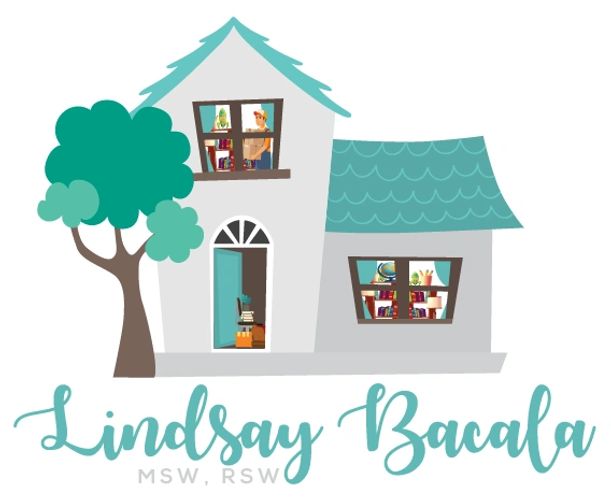Individual and group services for Hoarding Disorder in Manitoba

Registered Social Worker
Specializing in Hoarding Disorder

Registered Social Worker
Specializing in Hoarding Disorder
Hoarding is a mental health disorder that is characterized by the acquisition of items, and the difficultly discarding these items (Steketee, Frost & Tolin, 2007).
For an individual who suffers with hoarding their living spaces are cluttered significantly which can impede their ability to use the area for the reason it was designed for.
Individuals with hoarding disorder also have an immense difficulty throwing items away as well as experience a significant level of distress or impairment in their functioning as a result of the hoarding behavior (Steketee, Frost & Tolin, 2007). Serious hoarding problems will significantly affect quality of life.
Tolin, D. F., Frost, R. O., & Steketee, G. (2007). An Open Trial of Cognitive-Behavioral Therapy for Compulsive Hoarding. Behaviour research and therapy, 45(7), 1461-1470.

Evidence based practices are used to work with clients who experience hoarding behaviour by examining underlying thoughts and emotions related to the hoarding and teaching skills and techniques to tackle the behaviour long term.
Assess the client's hoarding disorder in order to gain valuable knowledge about the severity and difficulties in performing daily tasks. Also assessing difficulties with discarding and acquiring as well as the clients perception of the hoarding problem.
Customized trainings on an individual or group basis to help professionals learn the best strategies to work with clients with hoarding disorder.

Lindsay Bacala is a registered social worker with experience working with individuals and families suffering with hoarding disorder since 2011. Lindsay has experience using a range of interventions that focuses on integrating best treatment practices and is well versed in working with individuals who are affected by hoarding disorder in long-term and acute care settings and the community more broadly. Lindsay is currently completing her PhD at the University of Manitoba with a research focus on assessment and care planning methods for hoarding behaviours in healthcare settings. Lindsay currently works in private practice specializing in hoarding disorder, OCD, anxiety, grief, and trauma. She is skilled at conducting assessments, building trusting therapeutic relationships and designing and implementing individualized treatment plans.
Much of the work with individuals who experience hoarding disorder is conducted in the home. Lindsay has extensive experience conducting in home assessments to evaluate the level of hoarding and completed research to create and evaluate the efficacy of treatment methods. Whenever possible families, significant others, collaterals are included in the treatment process.

CBT looks at how emotions, thoughts and behaviours are linked. With CBT you examine the underlying thoughts and emotions that are contributing to the hoarding behaviour and learn techniques to effectively deal with the challenges.

Motivational interviewing is a therapeutic technique to reduce ambivalence and increasing motoviation for positive changes in behavior. Clients are encouraged to analyze their own ambivalence and identify goals to achieve lasting change.

Mindfulness looks at attending to the present moment and understanding your own body and how it reacts to stressful situations. Mindfulness is used during hoarding treatment as a way to decrease rumination about possessions and lower anxiety.
Please contact by email, phone or text with questions.

Private Practice Therapist
Victoria is a Registered Social Worker with both Bachelor of Social Work (Option in Aging) and Master of Social Work degrees from the University of Manitoba. Victoria has been providing services for hoarding disorder since 2010 and has received extensive training in hoarding disorder treatment for individuals and groups. As a client-centered clinician, Victoria believes in using compassion and curiosity to explore how we relate to our belongings, and offers approaches and strategies that honour her clients’ goals and help to make room for what matters most to them.
Victoria can be reached at 204-202-0744 for consults and inquiries about services.
The OCD Centre Manitoba is a non-profit program of the Canadian Mental Health Association Manitoba and Winnipeg.
OCD Centre Manitoba provides the following services:
You can contact the OCD Centre by email at ocdcentre@cmhawpg.mb.ca or by phone through the Service Navigation Hub at 204-775-6442
https://www.cmhaacrossmb.ca/understanding-mental-illness/hoarding-disorder/
Copyright © 2018 Hoarding Help Manitoba - All Rights Reserved.